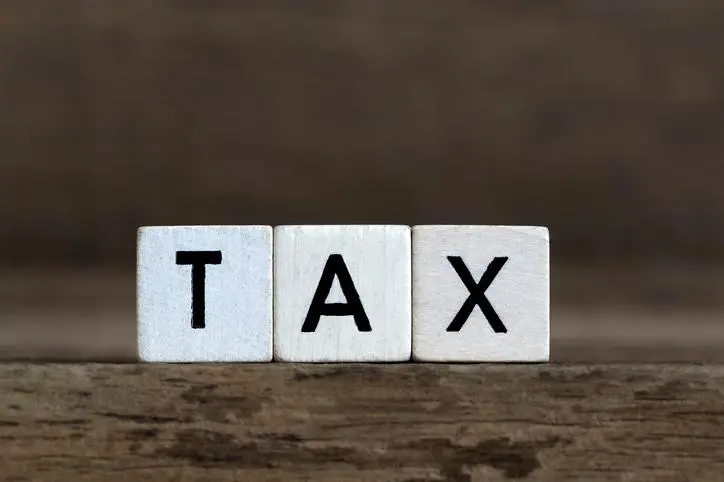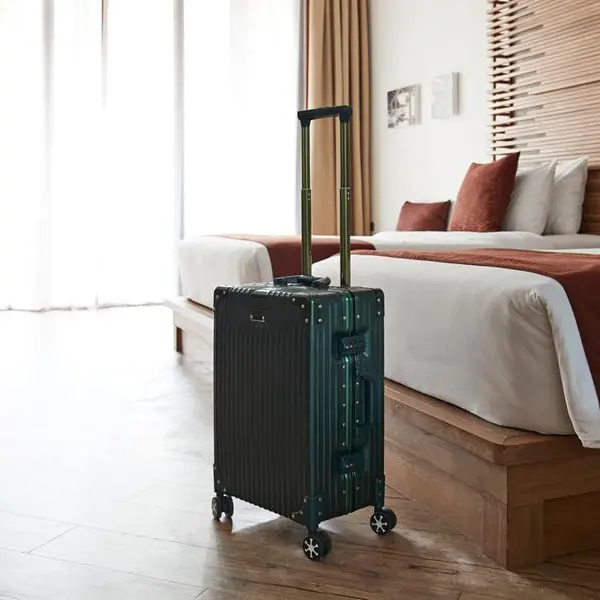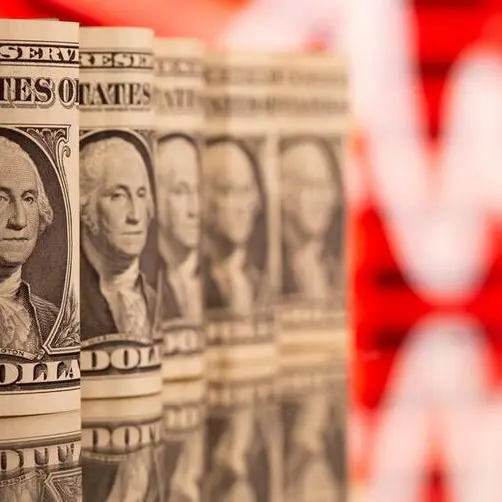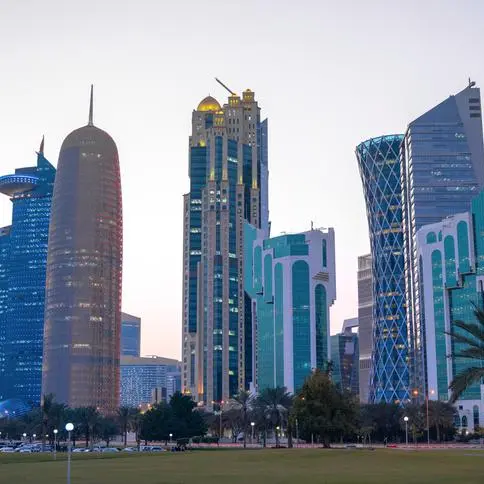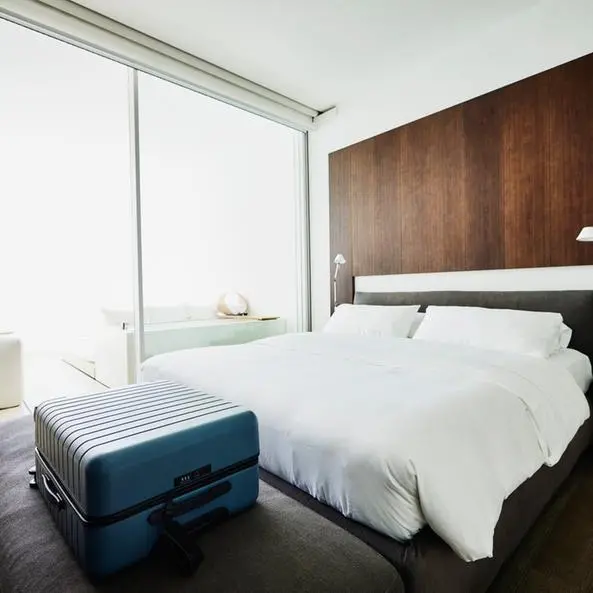PHOTO
The hospitality industry is likely to see bigger profits following the removal of Dubai’s 30% municipality alcohol sales tax, while commercial landlords are expected to benefit in the longer term.
Industry chiefs impacted by the change welcomed the move, which came into effect on January 1, with real-estate firm CBRE describing it as “excellent news” for owners of hospitality properties that have chosen to operate rather than rent F&B outlets.
“The most likely impact in the short term beyond increased F&B contribution will be a sharpening of profitability ratios regardless of how much of the saving is passed on to consumers,” said Ali Manzoor, the head of Hospitality, Hotels and Tourism, CBRE Middle East.
“What would be interesting would be to look back in a year to see how departmental income has changed within the context of dry properties for which this legislation will have little impact,” he added.
The change is on a one-year trial, meaning the tax could be reinstated in 2024, but it is one of a raft of liberalisations occurring in Dubai and the UAE in recent years.
There is unlikely to be a change in hospitality rents as a result of the tax removal in the short term, said Manzoor. “When looking at licensed venues, where tenants may well have spent substantial sums of money on fit-out before opening, many are on long-term agreements to reflect this. Hence, at least in the short term, it is unlikely that an immediate correction mechanism will occur,” he said.
“If this policy is extended beyond 2023, however, I would agree that market forces are likely to push up rental rates of licensed venues on a market wide basis.”
Although the change was rumoured in impacted industries in the final months of 2022, it came as a surprise to the many residents and tourists who awoke after the New Year celebrations on January 1 to publicity and sales emails from distributors announcing that their next celebratory beverage could be significantly cheaper.
Maritime Mercantile International (MMI) said its Dubai store employees had worked through the night to prepare to alter prices to reflect the reduced tax on January 1.
Group CEO Tyrone Reid said the reduction in price was being passed on to the customers. “In line with government municipality tax reduction, MMI has passed on the reduction immediately. We strongly recommend for all hotels, restaurants, and bars reduce their prices to consumers on menus,” he said.
Will Bar Drinks Be Cheaper Too?
What most residents and tourists will want to know is whether steep bar prices will come down.
Paris-listed Accor, the hotel franchisor and operator which is behind Fairmont, Sofitel, Raffles and Rixos hotels in Dubai said: "Accor can cofirm we will be reflecting the reduction in municipality tax on the prices of alcoholic beverages across our hotels in Dubai. We are currently working closely with hotel teams to ensure this reduction is implemented as quickly as possible."
Rove Hotels, an affordable home-grown hotel brand, told Hotelier Middle East that it will pass its price reduction on to customers from January 15, offering glasses of wine for AED 35 ($9.53) and pints of beer for AED 30.
While more than $9 for a glass of wine may not see cheap to drinkers outside the Gulf, it is a big change to residents who are used to paying upwards of $13.50.
Keeping Expats in Dubai
For consultant Sandeep Ganediwalla, the tax removal is overall positive, and he sees a bigger impact on cost of living for residents rather than in attracting tourists, as the city is already competitive in that regard thanks to a wide range of hotels, tourist attractions, entertainment and F&B.
In short, it may be a factor in making Dubai residents contemplating a move to Saudi Arabia, where alcohol is banned, think twice.
Ganediwalla, Partner, Redseer Strategy Consultants, said, “With other major economies such as Saudi Arabia focusing on attracting talent, such a relaxation further cements Dubai as a place of choice for residents. Given the work weekend is already aligned with global business destinations, Golden Visa programmes, good infrastructure and schools, the value proposition of Dubai is wholesome.”
What of Dubai Duty Free?
Even Dubai Duty Free (DDF), one of the world’s biggest travel retailers, welcomed the move on the basis that anything that is good for Dubai residents and tourists is good for its business, because it will mean more potential customers through Dubai International Airport (DXB), where it does the bulk of its business. This is despite the fact that its price advantage for alcohol sold in stores outside the airport has disappeared thanks to the removal of the tax.
COO Ramesh Cidambi struck a positive note in response to questions from Zawya, saying that it had “changed the landscape” of its Arrivals business. He said tourists are likely to continue shopping at DDF rather than spend holiday time finding and buying from stores outside the airport.
DDF announced 2022 sales of AED 6.339 billion ($1.726 billion), and Cidambi said its customers comprised around 50% tourists and 50% residents. Of that sales total, alcohol made up AED 1.028 billion, just over 16%.
Its overall business is also heavily weighted towards Departures, with AED 5.57 billion spent across categories there in 2022 compared with AED 573 million in Arrivals. At Arrivals, 80% of sales were alcohol products, which is where the “changed landscape” Cidambi mentioned is likely to take place.
Of total alcohol sales, 43.5% was sold in Arrivals and the remaining 56.5% was sold to Departing passengers.
DDF will be meeting its 10 biggest suppliers in the coming weeks to strategise, but price will only be one part of the discussion, as there are many other factors involved, Cidambi said.
“We have travel-exclusive products brands already, and this will something that will be discussed further.”
“We will be monitoring pricing tactics in domestic stores in Dubai as well as in the northern emirates to ensure Arrivals is still competitive,” he said, adding that reaching customers and interacting with them using technology will also form part of strategy. DDF’s recent results showed that online sales accounted for 2.54% in 2022.
This year will see full renovation of DDF Arrivals shops in DXB Terminals 1 and 2 and of its second Arrivals store in Terminal 3, following the renovation of the first, he added.
“It is definitely a new landscape for 2023,” he said, adding that it will “interesting” to see how the change impacts DDF’s Q1 2023 results.
(Reporting by Imogen Lillywhite; editing by Seban Scaria)
